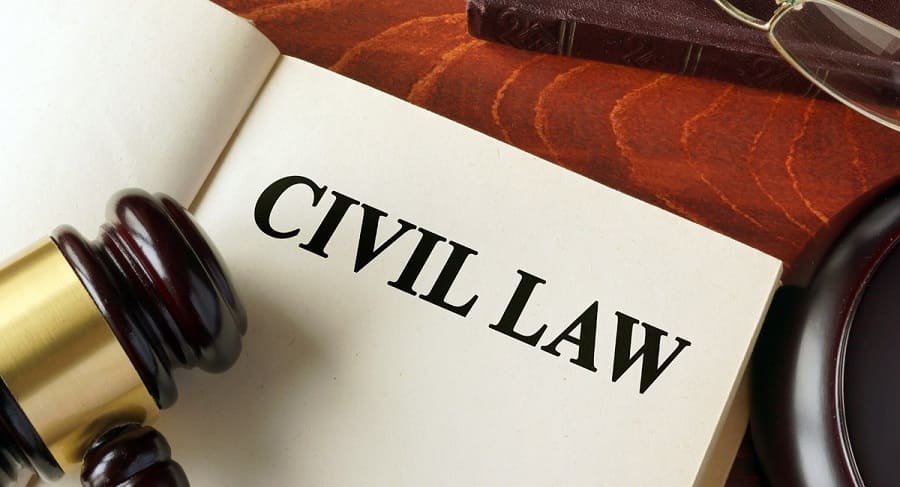Currently Empty: $0.00

How to Prepare for Civil Litigation: The Dos and Don’ts
It might be difficult to go through the civil litigation attorney’s procedure. Before entering the courtroom, there have been deadlines to meet, records to file, and evidence to compile.
Fortunately, skilled Civil Litigation Attorneys on your side can significantly reduce this stress. The correct lawyer can advise you on what to do and avoid during the procedure.
Look at some Dos and Don’ts you ought to abide by.
What To Do in a Civil Litigation
Expect the unexpected
Knowing what to anticipate throughout the procedure is crucial. This could include the information you must be aware of in the run-up to a settlement or trial, what to anticipate in court, and what occurs after that. The correct lawyer can assist you in understanding the procedure, clarifying the relevant law, identifying potential holes in your case, and establishing realistic expectations. criminal appeal cases
Should prepare
A lot of planning is necessary for a civil lawsuit case to be successful. This entails presenting your attorney with pertinent information regarding your case, compiling all supporting documentation, presenting any available proof, and providing any further information they may require. You’ll likely take part in discovery with the other party.
Make sure you bring the following
Having the appropriate information is crucial when you meet with your Civil Litigation Lawyer Philadelphia. This depends on the nature of the case. Depending on your situation, you might be required to offer financial documentation, contracts, agreements, and other supporting documentation.
Get an experienced lawyer
Hire qualified and experienced civil litigation attorneys before anything else. You want a lawyer on your side who has a track record of success and is familiar with the procedure you must adhere to.
What to Avoid When Engaged in Civil Litigation
Deadlines missed
Following all timelines, such as the limitation period while pursuing a civil lawsuit case, is crucial. You might be unable to present your argument if the limitation period has passed. Throughout the procedure, you will also need to adhere to additional deadlines and schedules, including discovery cutoffs, independent expert reporting requirements, and filing requirements. Missing them could lead to the dismissal of your claim or bar you from testifying or presenting evidence during the trial. You can keep on track with the aid of your lawyer.
Make a claim against the incorrect person:
Whereas the defendant is usually apparent (whether it be your ex-spouse, a business partner, or another person who is directly at fault), in more complex circumstances, you need to consult with your lawyer to establish who you can best make a case against. The right defendant may be a government organization, a business, or those who assisted the person who injured you.
Presenting insufficient support
You must provide your attorney with proof for them to establish a case. Give your civil litigation lawyer all the facts you know concerning your case to assist them. In addition to hurting you, missing proof could disadvantage your lawyer in court if they don’t have it. It could affect how well-received you are as a witness. While in doubt, provide your lawyer with everything you believe could be relevant to your case. They will select what they require and how to utilize it. Give your lawyer any facts, even if you believe it may hurt your case; they will figure out how to handle it. You should never intentionally withhold information from your lawyer.
Conclusion
Having an accomplished PA government administrative lawyer represent you or your case is crucial. If you try to represent yourself, you can lose since you won’t know what steps to take or what kind of evidence to use.
Don’t ruin your case; engage a qualified expert. Civil litigation lawyers in Philadelphia are familiar with the complex legal rules governing trial litigation, post-trial proceedings, and appeals. They can respond to your post-trial inquiries and lay out your choices if you’ve received a negative court decision.

